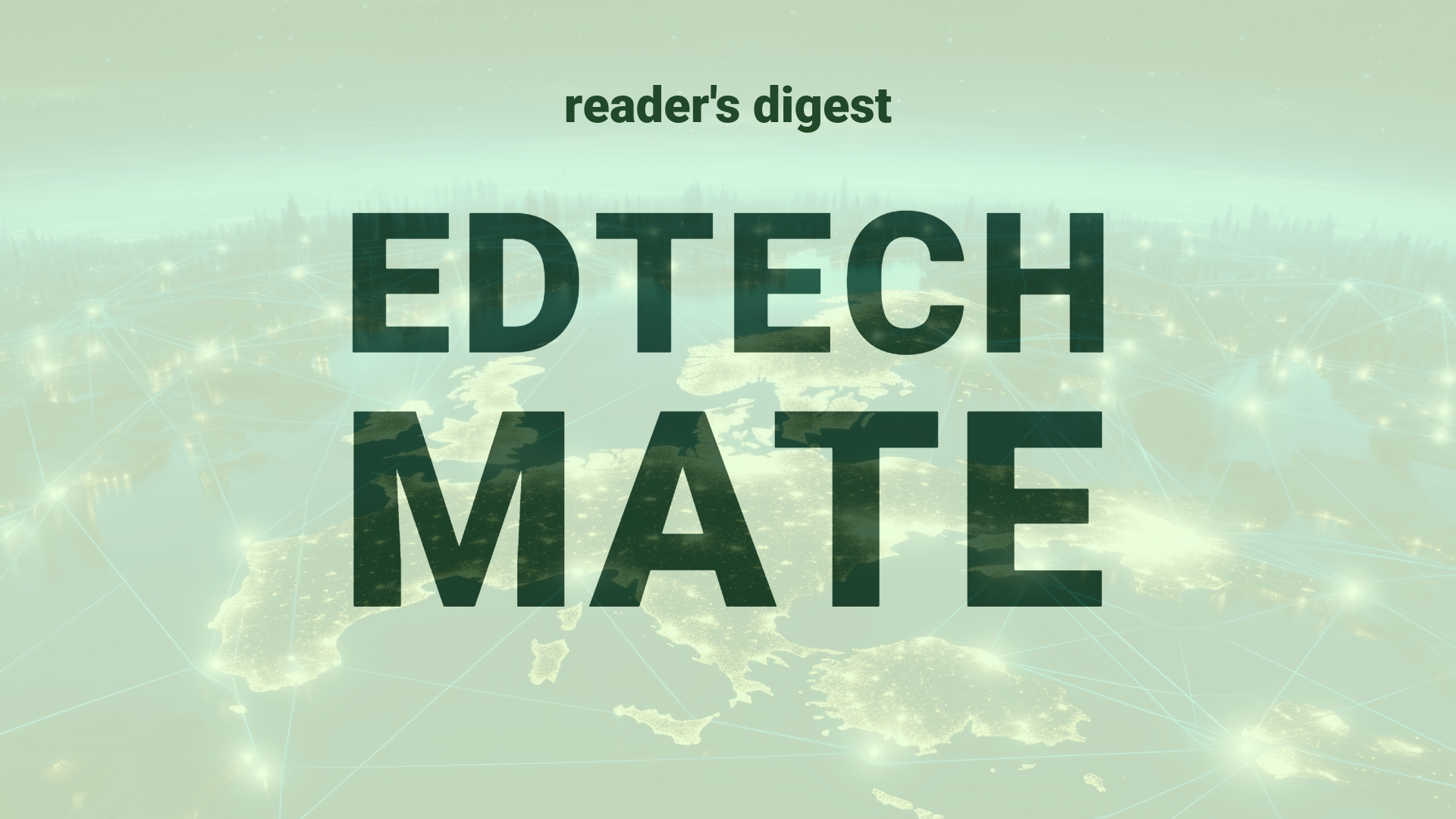Executive Summary and Main Points
The EU Parliament has finalized the AI Act, introducing crucial legislation on artificial intelligence. Chief Information Officers (CIOs) need to be well-versed with the prohibited or restricted uses of AI systems to implement a value-chain-wide governance approach, with supplier engagement and interdepartmental collaboration. A major takeaway is the proper usage of data as the lynchpin for compliant AI integration, firmly rooted in GDPR principles, paired with EU copyright norms, especially during the training phases of AI systems.
Potential Impact in the Education Sector
The education sector, encompassing Further and Higher Education as well as Micro-credentials, will potentially be impacted by the AI Act through its emphasis on high-quality data for AI training and transparent use aligned with the original intended purposes of data collection. This entails scrupulous compliance mechanisms and human oversight, which could recalibrate educational data governance and AI-based pedagogical tools. Strategic partnerships with EdTech suppliers adhering to AI Act and GDPR standards will be crucial.
Potential Applicability in the Education Sector
Innovative AI applications tailored to global higher education could encompass AI-driven personalized learning platforms, intelligent tutoring systems, and predictive analytics for student success. The Act’s provisions for transparency and data quality during model training imply a clear path for ethical AI deployment in education. The use of synthetic data presents a viable solution to data privacy concerns, provided the governance and human supervision are aptly rigorous.
Criticism and Potential Shortfalls
Criticisms of the AI Act include the potential stifling of innovation due to stringent regulations and the balancing act between governance and agility in AI adaptation. An international comparative case study might reveal varying impacts, where regions with less strict governance could either leapfrog in innovation or falter due to ethical breaches. Assessing cultural implications is essential, especially in diverse educational contexts where AI’s interpretative models might inadvertently foster bias or overlook social nuances.
Actionable Recommendations
For the effective implementation of AI technologies within the realm of international higher education, education leaders should consider establishing multidisciplinary expert groups to ensure diverse perspectives in AI governance. Proactive compliance workflows aligned with the AI Act can be embedded into academic project charters. Additionally, education providers must foster partnerships with compliant tech vendors and integrate continuous AI literacy and ethics training across all institutional levels.
Source article: https://www.cio.com/article/2069262/ai-act-via-libera-dalleuroparlamento-tutto-quello-che-i-cio-devono-sapere.html

